Worldbuilding Ecosystems Vol. 1
Welcome all to the first article of an exciting series, where I dive into worldbuilding ecosystems! Ecosystems are very fun things to worldbuild, important if you want to capture what makes the real world so special - nature.
This volume of the Worldbuilding Ecosystems series will touch on several important factors that make up an ecosystem, and how you can create them in your world.
I'm an experienced animal keeper and caretaker and have been working with protected species from across the globe at an exotic animals sanctuary for the last three years. I'm also currently studying for a degree in Animal Management and Science. I spend my free time furthering my knowledge and supporting local nature-oriented charities and organisations, and I want to share my knowledge with everyone!
What is an Ecosystem?
A very important question, that is honestly somewhat difficult to answer, at least for me. In my years of education I've been given so many definitions, but an ecosystem is essentially an area, no matter how large or small, and its organisms working together and interacting with themselves and their environment. Ecosystems encompass not just living organisms, but also the non-living (abiotic) factors, such as the soil, water, air, and so much more. An ecosystem can be an entire desert, or an oasis inside said desert, or even just a rock within the oasis. At that point, you encroach on microecosystems, but they are just as diverse and interesting.
An ecosystem is a geographic area where plants, animals, and other organisms, as well as weather and landscapes, work together to form a bubble of life.
Biotic Factors
Biotic factors are your organisms and any living thing. This covers the tiniest of bacteria all the way to megafauna. Naturally, this is going to be people's main focus when developing ecosystems.
Biotic factors are directly influenced by abiotic factors. For example, animals in a colder environment may carry more blubber, fur, or be larger in general to conserve more heat (whales, polar bears, and other arctic animals conserve heat in many ways).
It is important to consider a variety of biotic factors, such as the plant life, fungi, bacteria, protists, and so much more.
Abiotic Factors
Ecosystems don't just include species. Sure, species are important, but so are the non-living things! Abiotic factors are literally any other "thing" that influences an ecosystem that is also not alive. Sunlight, water, oxygen (or any other gas), soil, are just some of the most basic abiotic factors.
The amount of sunlight this ecosystem gets is important, and so are day cycles. The pH and oxygen levels of water have an impact, soil nutrients and soil types. You can go into a crazy amount of depth on these factors alone, and they are all great to consider if you want to make a detailed ecosystem in your world.
Ecological Niches
A species’ niche is all of the environmental factors and interspecies relationships that influence the species.
Ecological niches are a fascinating topic, and really important when developing ecosystems for your world. A niche takes your worldbuilding one step further. Most people have an understanding of carnivore, herbivore, or other diets. Niches are a step beyond that, and take into account how an animal gets food, or how they nest and reproduce, and how they work with their environment.
You can also refer to an animal with a specific niche as a specialist species. The way they exist and their relationship with their environment and other species is specific. There is little competition when an animal finds their niche - dung beetles, for example, feed on waste and lay their eggs in it. When the eggs hatch there is instant access to food. The dung also helps introduce nutrients back into the soil, having a positive impact on the environment. Few species compete with dung beetles, and the species has thrived as a result.
Ecological niches are very important when creating ecosystems. Niches exist in all environments, and creating them for your world helps you flesh out ecosystems in great depth.
Food Chains & Food Webs
Food is the main driving force of animals, along with reproducing.
An important thing to think about that many people forget are decomposers. Something must be breaking down waste material from animals, such as faeces, dead animals, plant matter, and more. You don't have to go all out and name a ton of species, but being aware that they exist in your ecosystem is important.
You also have your producers in an ecosystem. Producers are the bedrock of a functioning food web, because food webs work on the transfer of energy. Plant life are the producers, as they obtain energy from the sun. A warm, tropical environment will have lots of access to water + sunlight, so things will most likely be more densely forested. A warm, desert environment will have lots of access to sunlight but not a lot of water, so things won't be densely forested. That leads you into thinking about water access, but that is a topic for another volume.

Then you have your consumers. Primary consumers - your herbivores (and sometimes omnivores) - eat the producers.. Large grazing savannah animals would be primary consumers, as well as grasshoppers, locusts and ants, sloths, rabbits and hares, and so many more. There is a massive variety in primary consumers around the world, all influenced by access to food, vulnerability to predators, and other things.
Secondary, Tertiary, and Quaternary Consumers will consume the levels below them in a food web. As you go up a food web, you lose energy. You typically don't get farther than a Quaternary Consumer because at that point, there is so little energy being obtained that it's not feasible. You can then slot all of your other carnivores/omnivores into the Secondary and Tertiary Consumer level.
Food webs are naturally very complex, so don't feel pressured to create an insanely detailed food web for your own ecosystems!






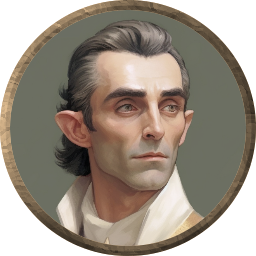
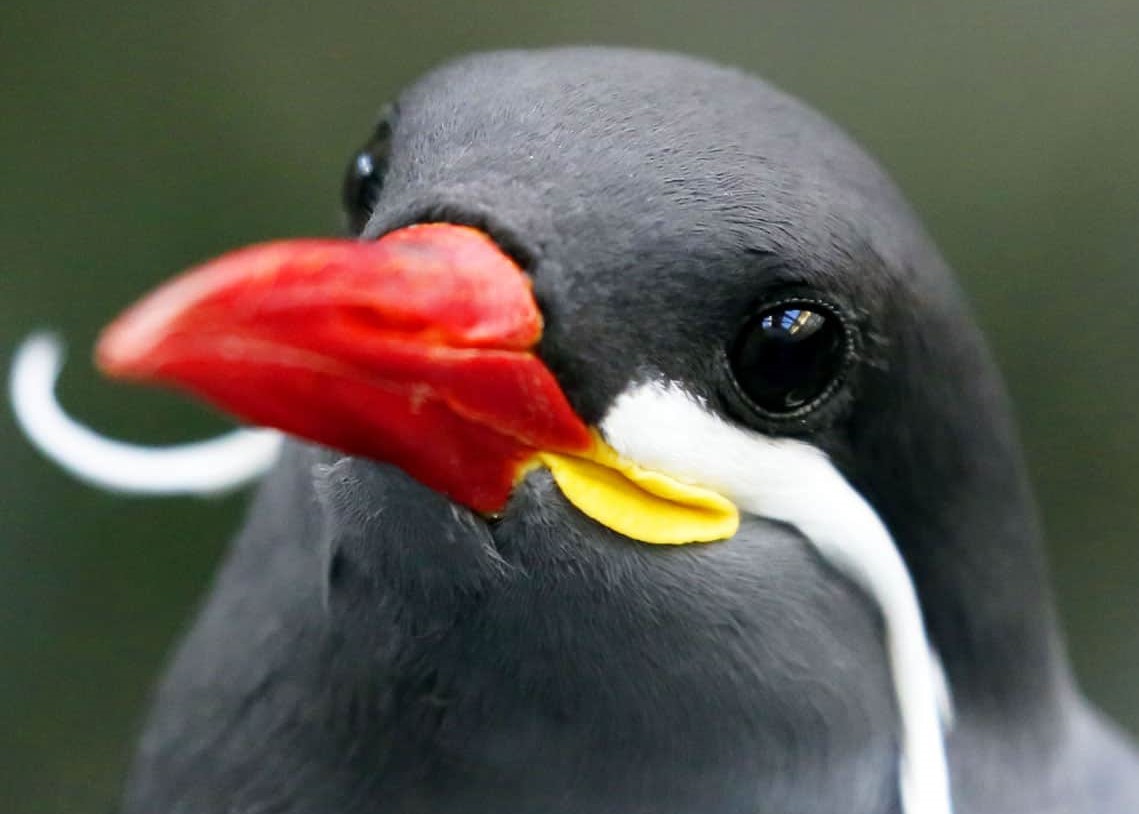

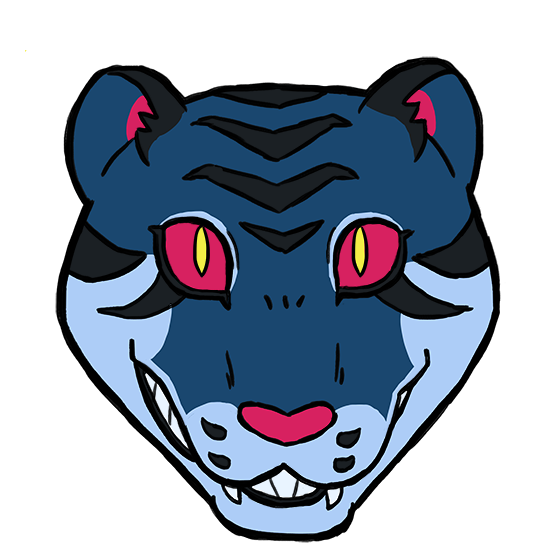
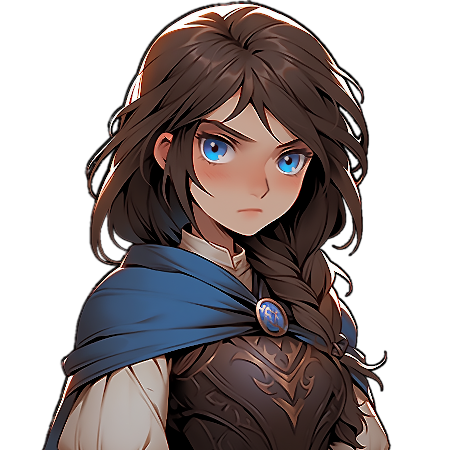
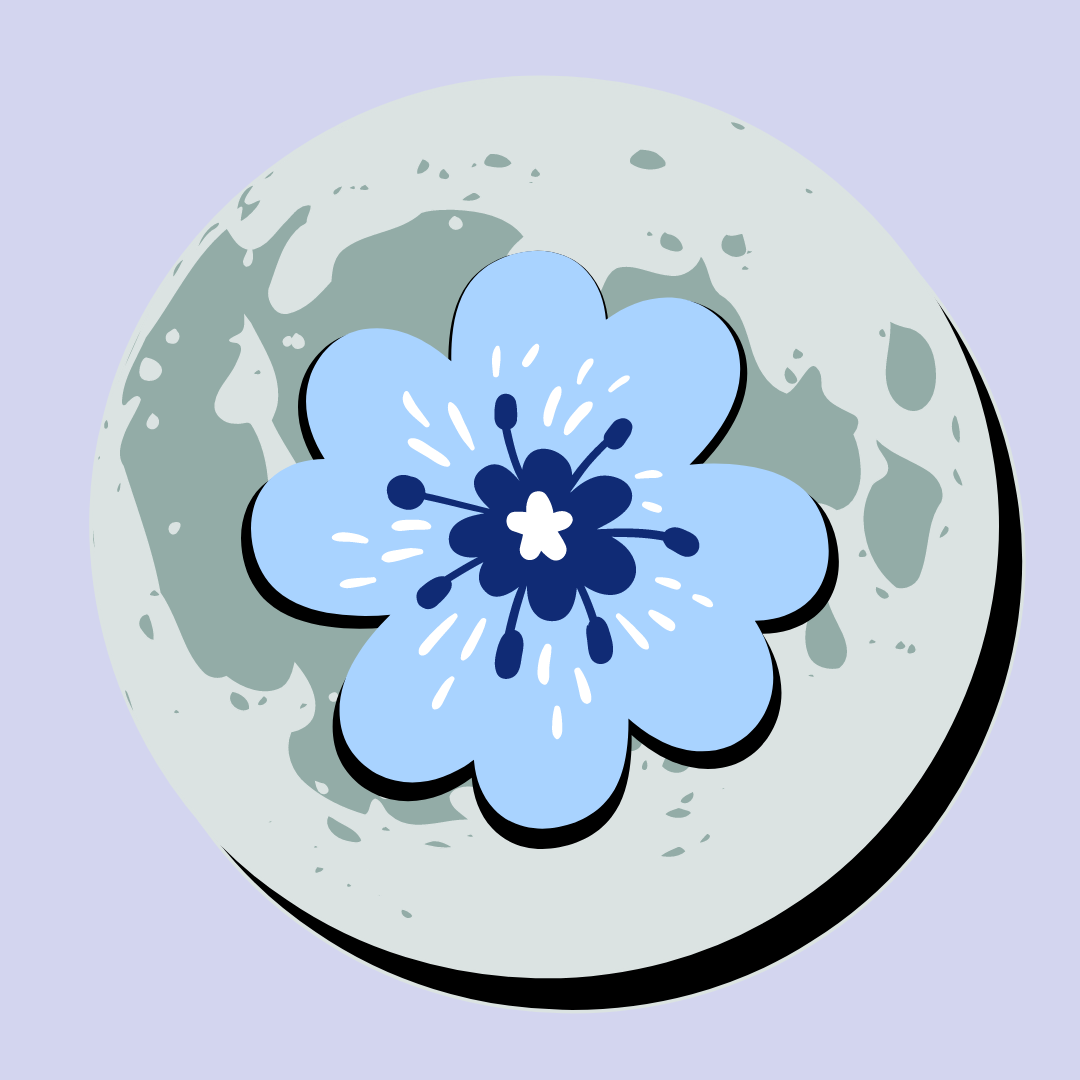

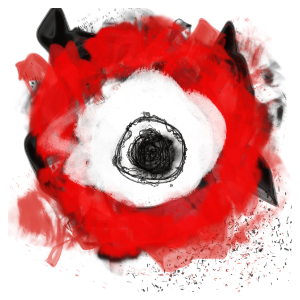


I really enjoyed this article/post, and I'm genuinely looking forward to reading more like this in the future. In fact, I'm off to Ko-Fi! (Have you considered making this part of a book or guide and selling it on Ko-Fi?)
Thank you so much! I've not thought about turning this into a whole thing and possibly selling it, but now I am! thank you for taking the time to read this, I really appreciate it! <3